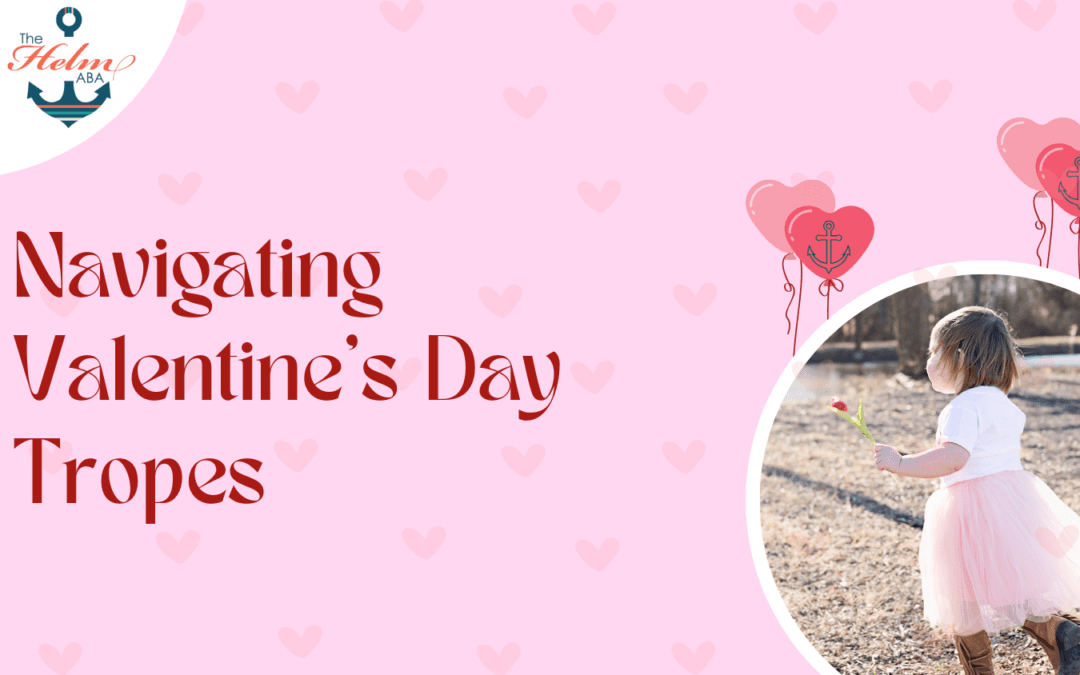As Valentine’s Day approaches, the air is filled with the scent of roses, heart-shaped chocolates, and the ubiquitous imagery of cupids and love notes. For families with children on the autism spectrum, navigating through these traditional tropes can present unique challenges. So let’s explore the ways we can overcome the difficulty of Valentine’s Day clichés and celebrate the uniqueness of each child’s experience.
Embracing Individuality:
Valentine’s Day often revolves around societal expectations and traditional expressions of love. However, for a child on the autism spectrum, these conventions might not align with their preferences or comfort levels. It’s crucial to recognize and embrace the individuality of each child, understanding that their way of expressing and experiencing love may differ from societal norms.
Creating Personalized Celebrations:
Rather than adhering to stereotypical gestures, consider crafting personalized celebrations that cater to your child’s interests and sensory preferences. Whether it’s engaging in a favorite activity, enjoying quiet moments of connection, or expressing love through shared experiences, the key is to celebrate in a way that resonates with your child.
Open Communication and Social Stories:
Communication is paramount in preparing a child for the expectations surrounding Valentine’s Day. Use open dialogue and social stories to explain the traditions, symbols, and potential changes in routine during this time. This proactive approach helps mitigate anxiety and allows the child to navigate the festivities with a clear understanding.
Sensory Considerations:
Valentine’s Day can be overwhelming for individuals with sensory sensitivities. Be mindful of the sensory aspects associated with the celebration, such as bright decorations, strong scents, or unexpected sounds. Creating a sensory-friendly environment and offering choices allows the child to engage comfortably in the festivities.
Fostering Inclusive Education:
In school settings, where Valentine’s Day celebrations are common, advocate for inclusive and understanding environments. Educate teachers and peers about the unique needs of children on the autism spectrum, fostering a supportive atmosphere where everyone feels included and valued.
Valentine’s Day can be a beautiful celebration when approached with inclusivity and a deep appreciation for individual differences. By embracing each child’s unique way of experiencing love and navigating through the traditional tropes with sensitivity, we can create a Valentine’s Day that is truly meaningful and inclusive for children on the autism spectrum.
Wishing you a Valentine’s Day filled with love, understanding, and the celebration of uniqueness!

